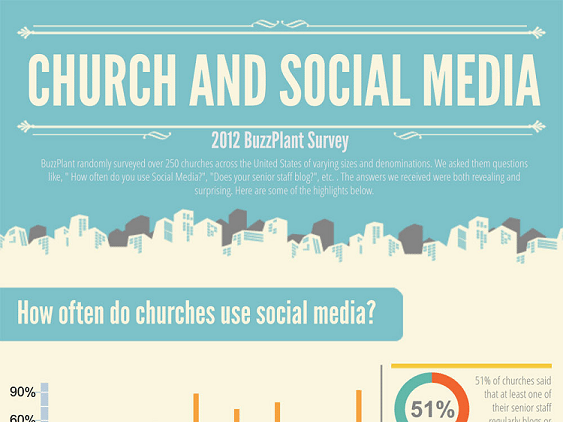Exploring The Substantial Background And Continuous Effects Of Catholic Schools Around The World
Exploring The Substantial Background And Continuous Effects Of Catholic Schools Around The World
Blog Article
Web Content Composed By-Medlin Nolan
When you think about the background of education and learning, Catholic colleges stand apart for their deep-rooted customs and long lasting influence. These institutions began as a way to instill faith and worths, yet they have actually adapted incredibly over centuries. Today, they play a vital role in shaping not simply scholastic success yet also moral integrity. What's appealing is how they have actually taken care of to thrive among changing social landscapes, questioning about their future importance and impact.
The Origins of Catholic Education And Learning: A Historic Point of view
Catholic education traces its roots back over 1,500 years, when early Christian neighborhoods recognized the requirement for structured discovering. You'll discover that these areas aimed to hand down their faith and worths through education and learning.
Monasteries and cathedral schools ended up being facilities of learning, nurturing both spiritual and intellectual growth. As you dive deeper, you'll see that the curriculum often consisted of ideology, faith, and the liberal arts, developed to create well-rounded individuals.
In time, the Church developed much more formal organizations, ensuring that education remained obtainable to all. The commitment to teaching ethical values and promoting a sense of neighborhood has actually lingered via the centuries, forming the academic landscape and influencing numerous lives worldwide.
This long-lasting legacy remains to influence Catholic education and learning today.
The Advancement of Catholic Colleges Through Social Contexts
As cultures advanced, so did the function of Catholic colleges, adapting to the social contexts in which they existed. In the very early years, these institutions focused mainly on religious guideline, but as neighborhoods diversified, they began to incorporate local languages, custom-mades, and instructional demands.
You would certainly observe that Catholic colleges usually became centers for social communication, promoting a sense of belonging amongst pupils from different histories. In https://telegra.ph/A-Transformative-Journey-Awaits-As-Catholic-Education-And-Learning-Intertwines-Faith-And-Intelligence-But-Exactly-How-Does-This--06-15 , they resolved societal issues, such as poverty and discrimination, by providing available education for all.
As you discover different societies, you'll see just how Catholic institutions have moved their curricula and teaching approaches, mirroring the values and difficulties of their settings while holding to their fundamental mission of faith and academic quality.
The Modern Function and Influence of Catholic Schools in Society
In today's globe, Catholic institutions play an important function in shaping not just the instructional landscape, however likewise the broader area.
You'll find that these institutions emphasize worths like respect, empathy, and social justice, promoting all-round people that contribute positively to culture. By concentrating on helpful site and moral advancement, Catholic colleges prepare pupils for future obstacles, supporting essential thinking and leadership abilities.
They typically serve varied populations, bridging voids in access to top quality education. Furthermore, you might notice their commitment to solution, encouraging students to take part in community outreach and volunteer work.
https://adolfo-clarice76cruz.technetbloggers.de/utilizing-imaginative-techniques-and-welcoming-inclusivity-the-future-of-catholic-education-and-learning-encounters-substantial-obstacles-just-how-will-it-influence-the-upcoming-generat of education and learning and ethical support makes Catholic schools a considerable pressure, cultivating accountable people who can affect their communities right.
Conclusion
To conclude, Catholic schools have an abundant history that's formed their enduring impact on culture. You've seen just how they've adapted to different social contexts while preserving a commitment to faith, values, and scholastic quality. Today, they remain to play an essential function in fostering neighborhood, advertising social justice, and nurturing liable citizens. As you review their heritage, it's clear that Catholic colleges continue to be a powerful force for favorable modification worldwide.
